This year’s Conservation Week is running from September 2-8, with the theme ‘Take action for nature’.
And since we know not everyone is quite ready to start backyard trapping or planting trees, we thought we could lead off with an easy guide to small changes even the most time-poor of us can make.
This is for the newbies, the lazies, the folks who need as low a bar as possible to entry, and for those who need to see a personal, tangible benefit to do something good.
Actually, to be fair, it’s for all of us, because none of us are perfect.
Your coffee addiction
Action
Let’s start with an easy one: take a reusable cup! An ancient invention only recently rediscovered by archaeologists, these cups mean you can have your coffee without a single-use takeaway cup.
What it does for nature
Reduces resource use and the production of single use plastic, reduces waste to land-fill, and reduces rubbish into nature.
What it does for you
Honestly, aside from anything else, we’re convinced it makes the coffee taste better. Plus you may even get a discount at some places!
A rubbish idea
Action
Another basic: don’t litter! It might feel like we’re back in primary school, but I feel I need to say this; ideally, we’ll all reduce, reuse, and recycle, and even actively pick up litter, but at the very minimum please don’t drop your wrapper/vape/receipt on the street.
What it does for nature
Reduces the stuff ending up in our rivers, lakes, and oceans, which can seriously harm and kill our wildlife and persist for a really long time. Plus, it makes less work for the people who do pick it up.
What it does for you
Less rubbish for you to swim in, stand on, and look at. Do you really like walking through town with litter everywhere? Or swimming and seeing a piece of polystyrene float by? Didn’t think so.
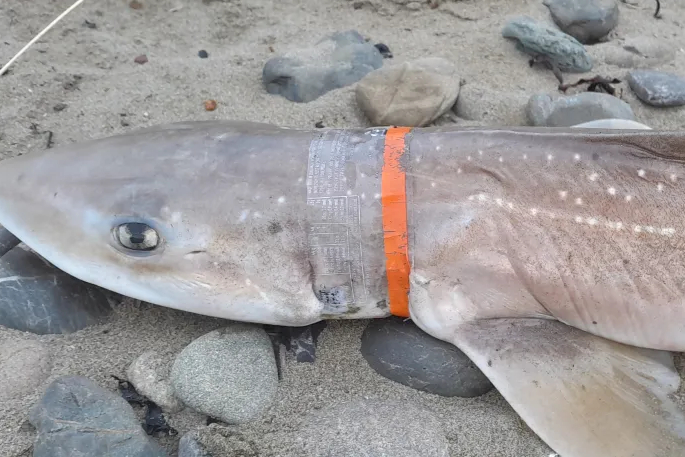
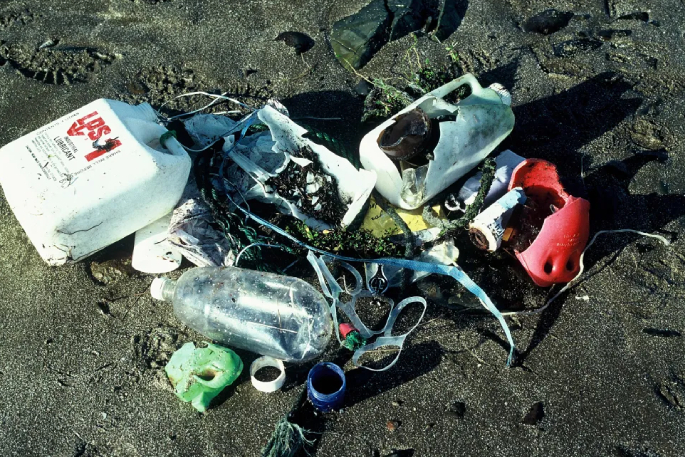
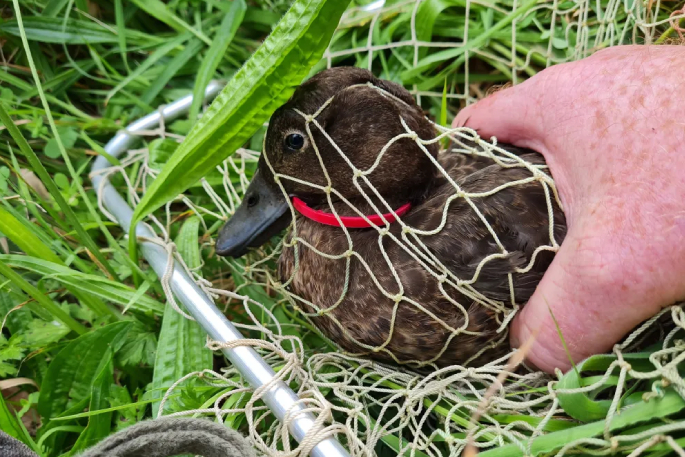 Top: A mature rig strangled by plastic, Kāpiti. (Middle): Plastic rubbish collected from Bluff Harbour. (Bottom): A pāteke/brown teal with plastic rubbish ring around its neck. All photos taken by DOC.
Top: A mature rig strangled by plastic, Kāpiti. (Middle): Plastic rubbish collected from Bluff Harbour. (Bottom): A pāteke/brown teal with plastic rubbish ring around its neck. All photos taken by DOC.
Paparazzi?
Action
Are you an Insta-queen or king? Always have your phone out taking photos? Use your powers for SCIENCE by posting pictures of mushrooms/birds/plants/sharks/whatever to iNaturalist. It’s super easy!
What it does for nature
Sharing to iNaturalist helps scientists (and other enthusiasts) learn more about what’s happening in Aotearoa, so they can give advice on how best to protect our environment. It lets people know about habitat, seasonality, and other boffin-talk which will overall help their work.
What it does for you
You’ll start paying more attention to nature, and we know that connecting with nature is good for your mental health. Plus, you can share the same pics to your socials and get some good old dopamine-boosting likes.
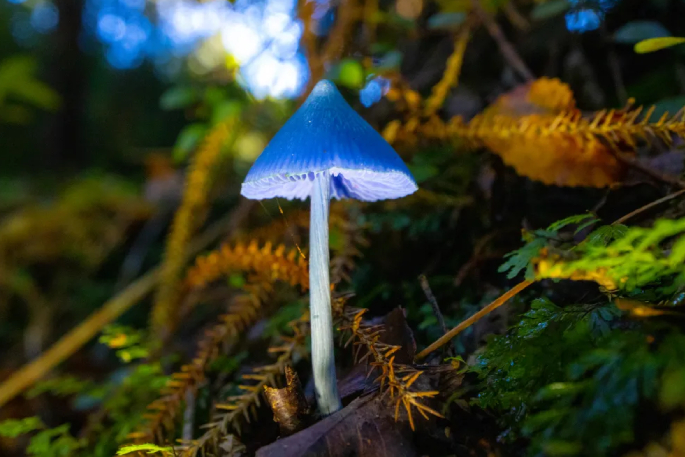
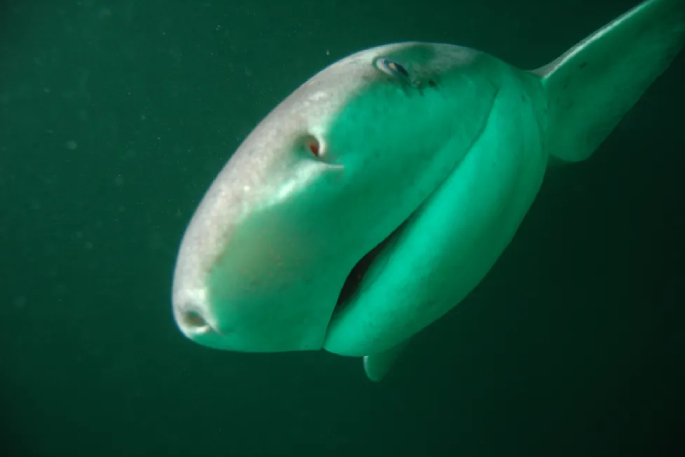
.jpg) (Top): A werewere kōkako/Entoloma hochstetteri mushroom, famously found on the $50 note (and forests across NZ) | Peter Baxter, DOC. (Middle): A sevengill shark about to boop the camera | Greig Funnell, DOC. (Bottom): It might not be an albatross, shark or fungi you’re photographing, but we want to see it! | Laura Honey, DOC.
(Top): A werewere kōkako/Entoloma hochstetteri mushroom, famously found on the $50 note (and forests across NZ) | Peter Baxter, DOC. (Middle): A sevengill shark about to boop the camera | Greig Funnell, DOC. (Bottom): It might not be an albatross, shark or fungi you’re photographing, but we want to see it! | Laura Honey, DOC.
Keeping fluffy safe
Action
Keep your cat in at night (for extra points keep puss safe all the time in a super-cool catio!).
What it does for nature
Cats like to hunt – so keeping them in keeps our vulnerable wildlife safe. New Zealand’s birds, bats, and lizards are cute, but very few are a match for a hungry or bored cat.
What it does for you
Keeps your cat safe from traffic and catfights, saving you worry and vet bills. It also prevents Fluffy from letting a half-dead animal loose in your house. We have seen this happen, and trust us, you do not want this.
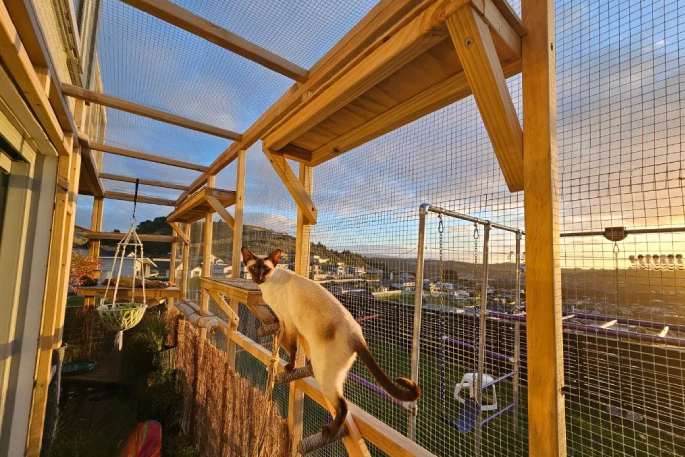
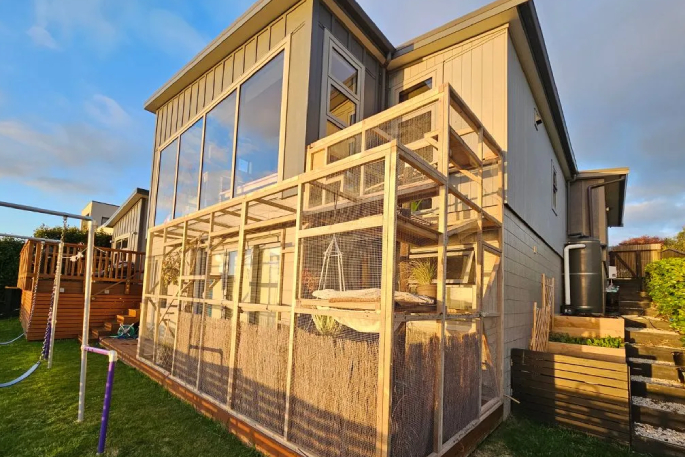
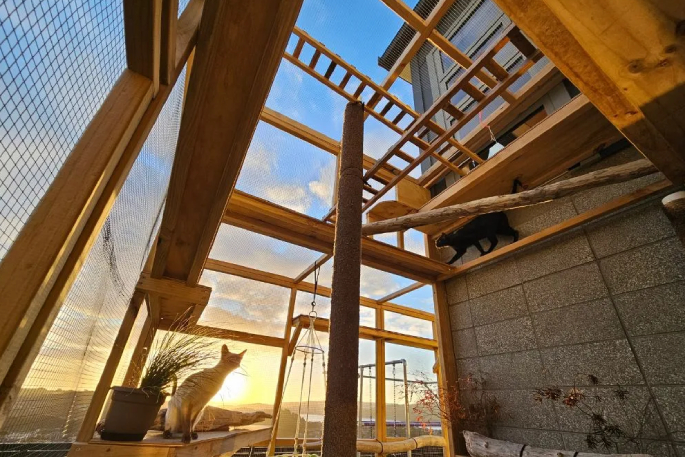 The ultimate two-storey, multi-layered Siamese sanctuary in Porirua | Merete Pedersen, via Predator Free NZ.
The ultimate two-storey, multi-layered Siamese sanctuary in Porirua | Merete Pedersen, via Predator Free NZ.
Take the lead with doggo
Action
Know the rules when walking your dog (see DOC rules for public land, or check with your council for other places) – and be aware of your surroundings even in off-lead areas.
What it does for nature
Prevents accidents like our threatened wildlife being killed by a dog. It’s up to us to keep our dogs from the temptation of chasing and attacking wildlife.
What it does for you
Prevents aggravated interactions with wildlife like seals which can injure your dog. Also, saves you from having to pay big fines if your dog accidentally kills protected wildlife, and helps you keep an eye out for other, aggressive dogs.
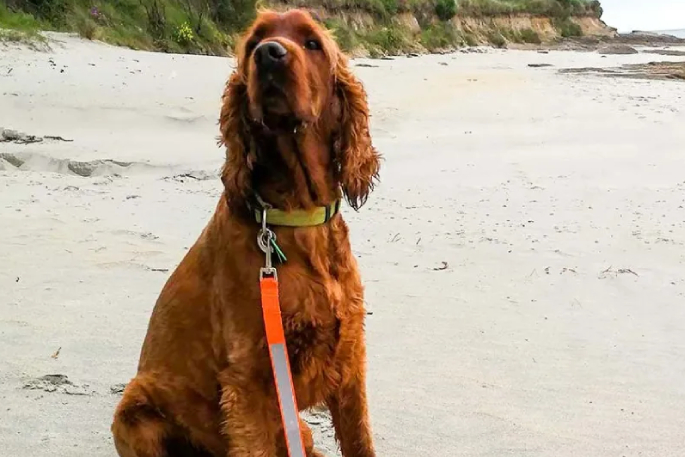
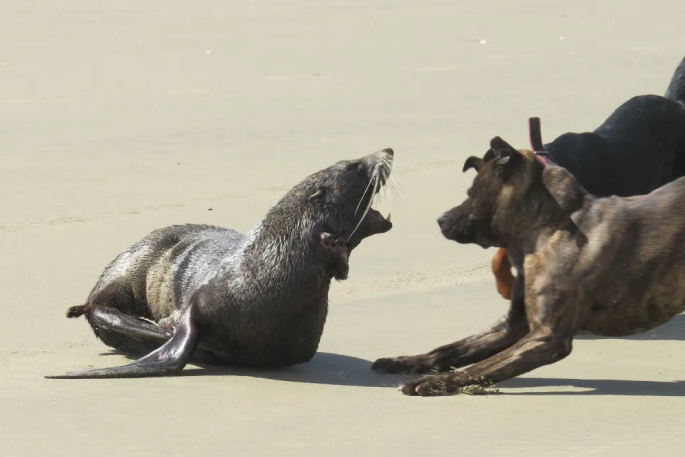 (Top): A good boy wearing a good lead | DOC. (Bottom): Two not so good boys without leads, attacking a kekeno/fur seal, Bluff | S Jacques, DOC.
(Top): A good boy wearing a good lead | DOC. (Bottom): Two not so good boys without leads, attacking a kekeno/fur seal, Bluff | S Jacques, DOC.
Don’t feed the wildlife
Action
I know it’s hard when your three-year-old is begging you to feed the ducks, or a cheeky kea is performing next to/on-top of your car, but please don’t feed the wildlife.
What it does for nature
Keeps wildlife healthier, since our food can make them sick, or make them starve because they’re filling up on the wrong stuff. It can also make them gather in high numbers, increasing the risk of spreading disease (something to keep an eye out for as HPAI bird flu may arrive in NZ soon). There are many reasons why feeding wildlife like kea is bad for them.
What it does for you
Means you’re less likely to have to walk through locations of highly concentrated bird poo (Western Springs, I’m looking at you), and you won’t have to rescue your kids from a bird or seal that sees them as their next meal ticket.
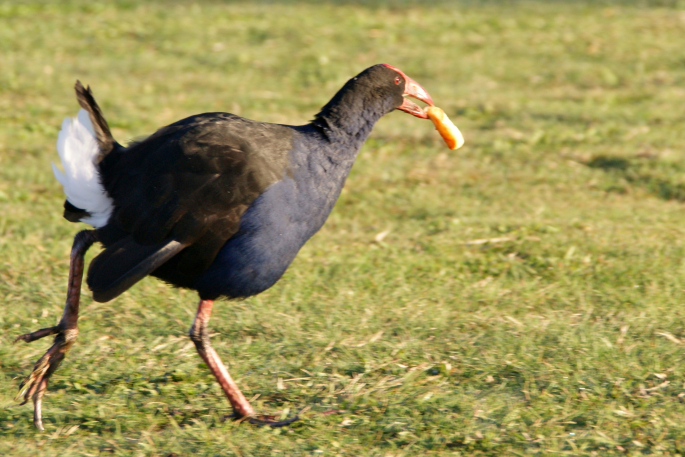 Sometimes it’s better to not share your chippies. Photo: Shellie Evans.
Sometimes it’s better to not share your chippies. Photo: Shellie Evans.
The lunchbox swap
Action
Make a single lunchbox swap. Just one. (You can do more if you want to, but we’re keeping the bar low here). Those little baggies of chips? Go buy one big bag and split it up into lots of small containers for the week’s lunches.
What it does for nature
Less single use plastic creation, less little bits of litter likely to get into our waterways and hurt our wildlife (see above).
What it does for you
Saves you money, gets you street cred with the parents who give their kids homemade sandwiches in beeswax wrap every day.
There are so many super-simple actions we can take for nature without becoming a hard-core environmentalist overnight. Please share some of these with your laziest friends (don’t tell them we said that!), and feel free to recommend more tips to us!
These too easy for you? Why not check out the Conservation Week events happening, or see what conservation groups exist in your community.

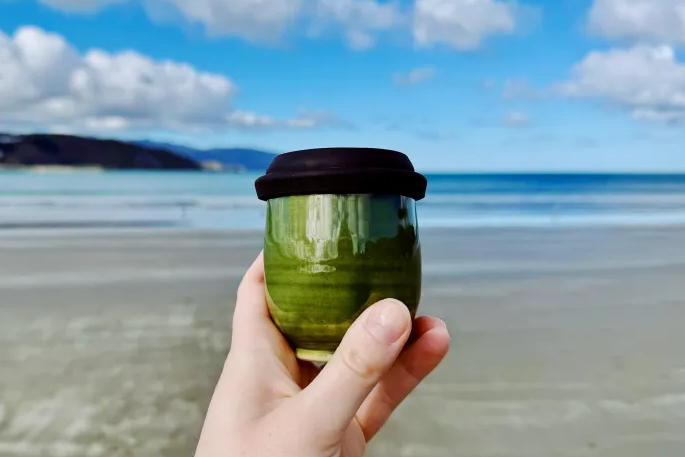

0 comments
Leave a Comment
You must be logged in to make a comment.